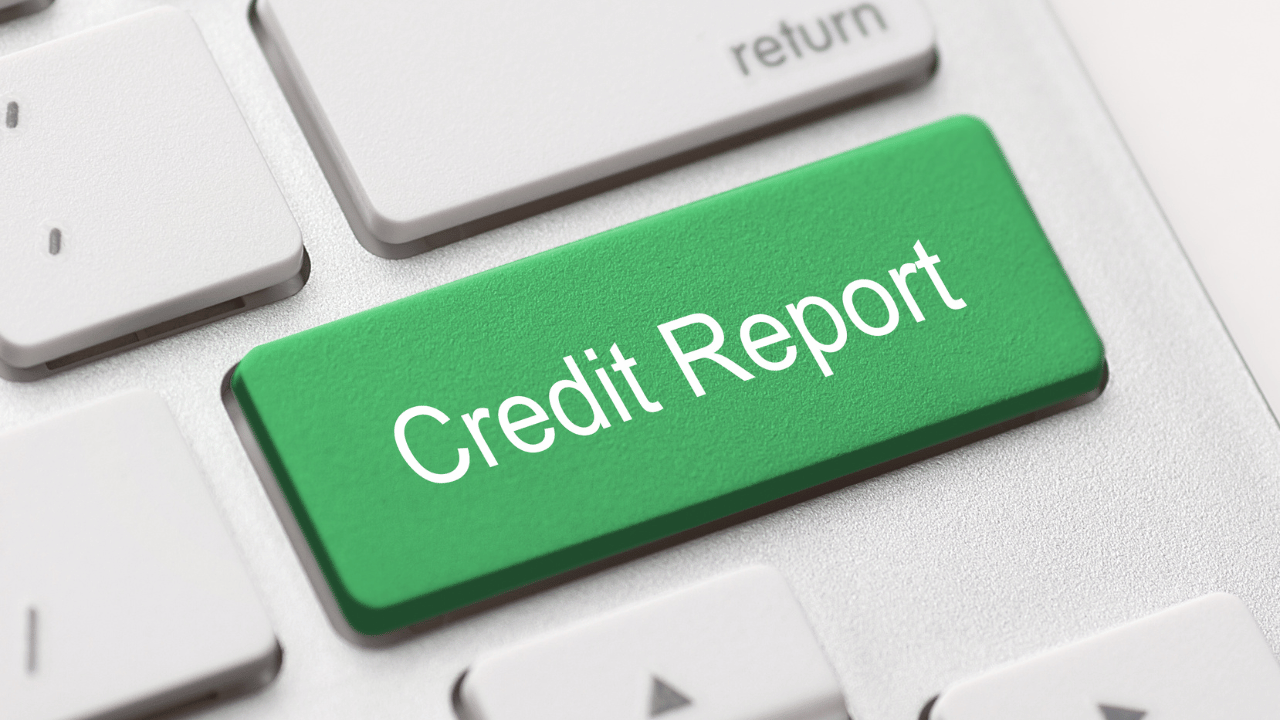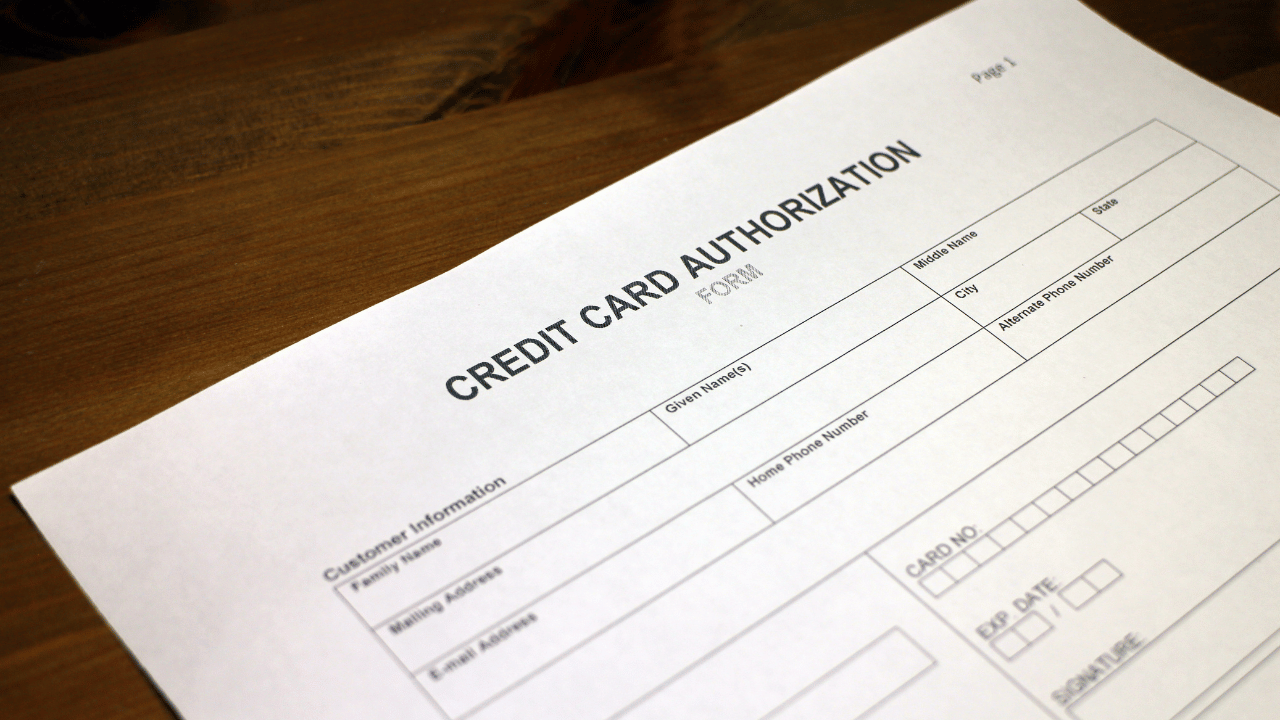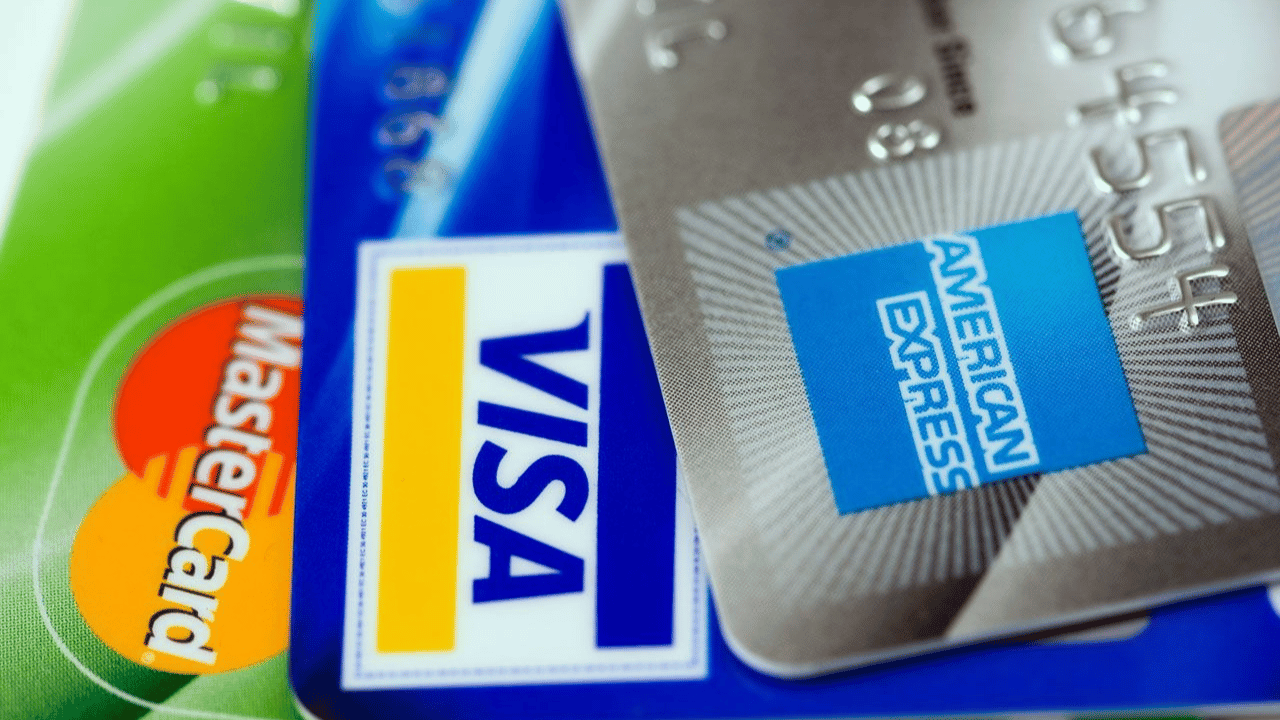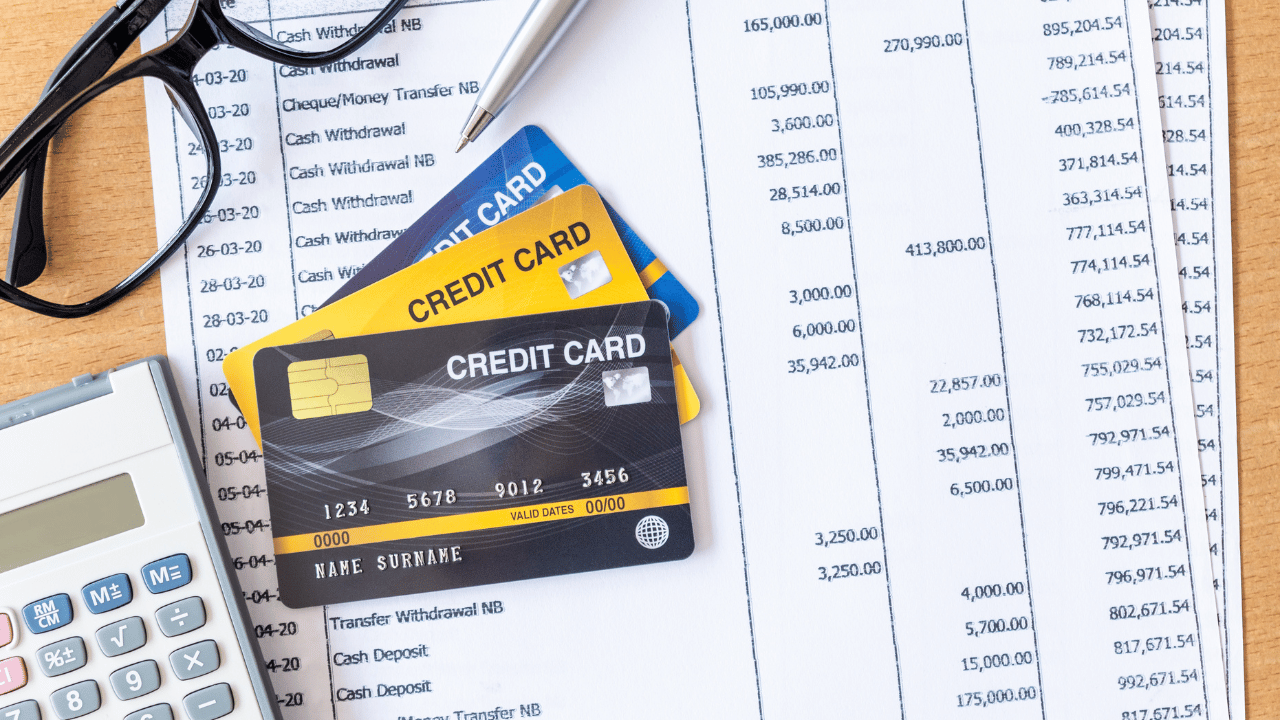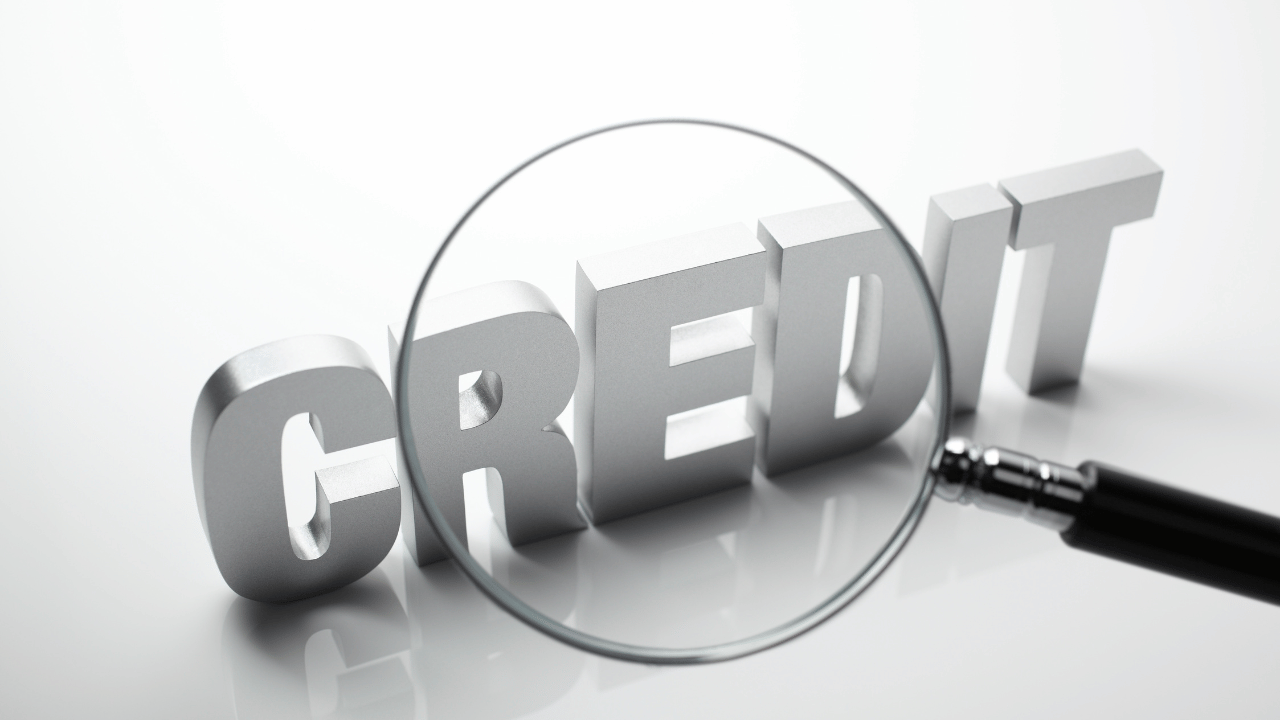Truth about credit repair scams
Explore the tactics used by credit repair scams and gain insights into how to recognize and avoid them. This guide equips you with the knowledge needed to safeguard your financial future and take control of your credit without falling victim to fraudulent schemes. By the end, you’ll be better prepared to navigate the complex landscape of credit repair, armed with the truth about credit repair scams.

Recognizing Red Flags:
Explore the common red flags that can help you identify potential credit repair scams and protect yourself from fraudulent practices.
The Legitimate Credit Repair Process:
Gain insights into the genuine credit repair process and understand the legal avenues available for improving your credit score.
DIY Credit Repair:
By adopting these DIY credit repair strategies, you can take proactive steps to enhance your credit profile and financial health, all while avoiding the pitfalls of credit repair scams.
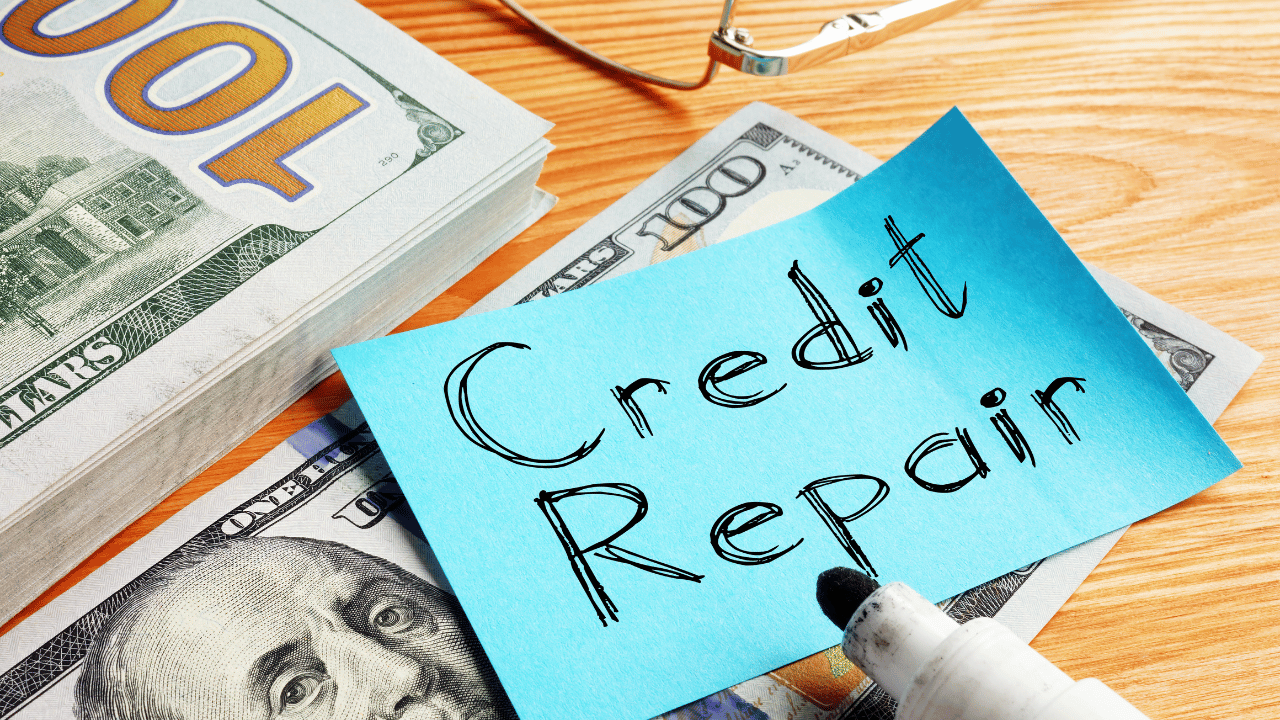
The Role of Credit Counseling:
Learn about the role of credit counseling services and how they can provide legitimate assistance in managing your credit.
Credit Repair Company Research:
Explore effective methods for researching credit repair companies to identify reputable ones that genuinely help you improve your credit.

Legal Protection and Resources: :
Understand the legal protections in place to safeguard consumers from credit repair scams and the resources available for reporting and addressing fraudulent practices.
Empowering Your Financial Future:
By arming yourself with knowledge about credit repair scams, you not only protect your financial well-being but also gain the confidence to make sound financial decisions. Avoiding scams and following legitimate paths to credit repair will lead to a brighter and more stable financial future. Remember, your credit is a valuable asset, and safeguarding it is key to achieving your financial goals.

